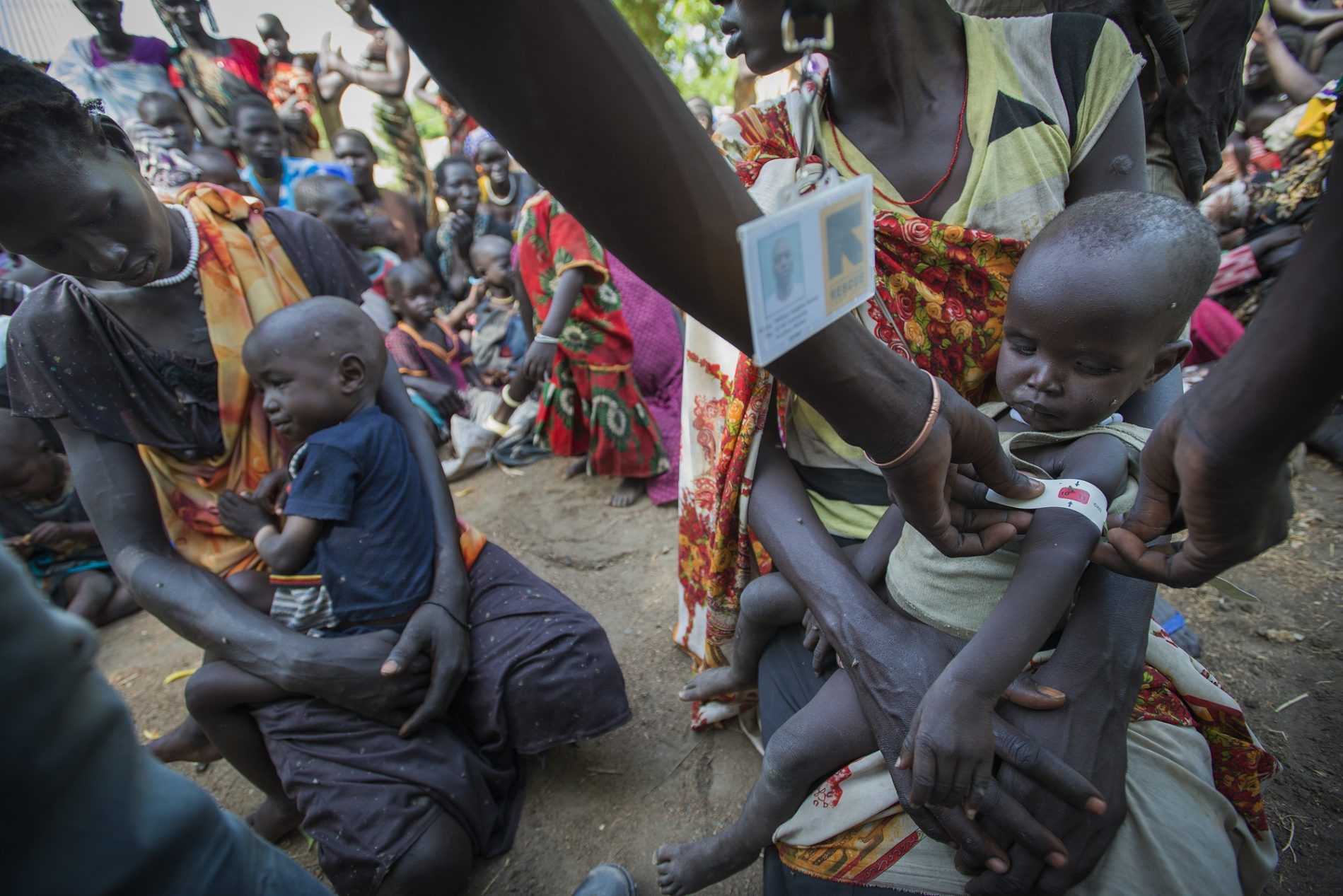Shaping the future: Our strategy for research and innovation in humanitarian response.

Shaping the future: Our strategy for research and innovation in humanitarian response.


We at the International Rescue Committee (IRC) recently conducted two research studies with R2HC’s support: one, a prospective cohort study on a combined protocol for acute malnutrition treatment in Somalia, and two, a four-country policy study around drivers of decision-making surrounding acute malnutrition treatment protocols in food-insecure contexts. We pursued the second question to understand dynamics for health policy change in fragile and conflict-affected contexts, but also additionally to understand pathways for research uptake. Given the extensive global discussions around adapted protocols to better treat the 50 million under-five children suffering from acute malnutrition, the findings from the policy study have been of great interest to actors working in this space.
We report a few key findings here:
As a researcher, I took to heart the last point around researchers failing to sufficiently incorporate national priorities, this study being an example of research that was driven mainly by global, and not national, priorities. This speaks to the need to invest in local research institutions that have consistent links and access to national dialogues and priorities. Elrha has already embraced this through the addition of a prerequisite of including a local academic institution for the current R2HC call. However, there is a need for longer-term time and financial investment for research capacity building in fragile and conflict-affected contexts to bring about meaningful change to the concerns raised about the national-level priorities and voices being excluded.
Commitment to local capacity building is also only one piece of the puzzle; simultaneously, there needs to be pathways for high-income public health institutions that boast world-class expertise to engage meaningfully with local actors to come to a communal understanding of impactful research questions. This may mean more financial and time investment in research co-design, something often difficult to do under usual proposal development procedures. In many stable contexts, high-income country academic institutions have long-standing relationships with low-income country governments or academic institutions, supported by long-term funding, but those relationships are fewer and farther between in the context of instability, driven by funding length and high turnover. The humanitarian health research community needs to do some reflection on what meaningful national engagement could look like within the challenges and limitations of insecure contexts.
Naoko Kozuki, International Rescue Committee

 Please upgrade your browser
Please upgrade your browser
You are seeing this because you are using a browser that is not supported. The Elrha website is built using modern technology and standards. We recommend upgrading your browser with one of the following to properly view our website:
Windows MacPlease note that this is not an exhaustive list of browsers. We also do not intend to recommend a particular manufacturer's browser over another's; only to suggest upgrading to a browser version that is compliant with current standards to give you the best and most secure browsing experience.